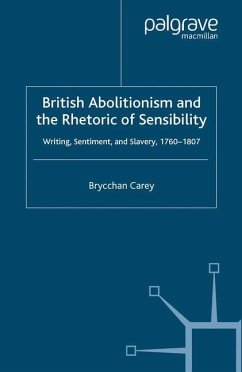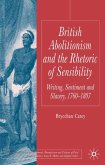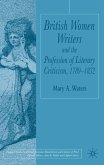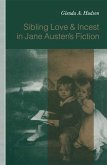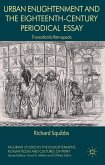British Abolitionism and the Rhetoric of Sensibility argues that participants in the late eighteenth-century slavery debate developed a distinct sentimental rhetoric, using the language of the heart to powerful effect in the most important political and humanitarian battle of the time. Examining both familiar and unfamiliar texts, including poetry, novels, journalism, and political writing, Carey shows that salve-owners and abolitionists alike made strategic use of the rhetoric of sensibility in the hope of influencing a reading public thoroughly immersed in the 'cult of feeling'.
' British Abolitionism and the Rhetoric of Sensibility is a timely intervention in the scholarly study of the abolitionist movement. It consider, and suggests answers to, the criticisms some feminist and postcolonial scholars have levelled against eighteenth-century abolitionist writings...it offers a largely convincing reading of an important, little-understood area of eighteenth-century discourse.' - Anthony John Harding, Romanticism

